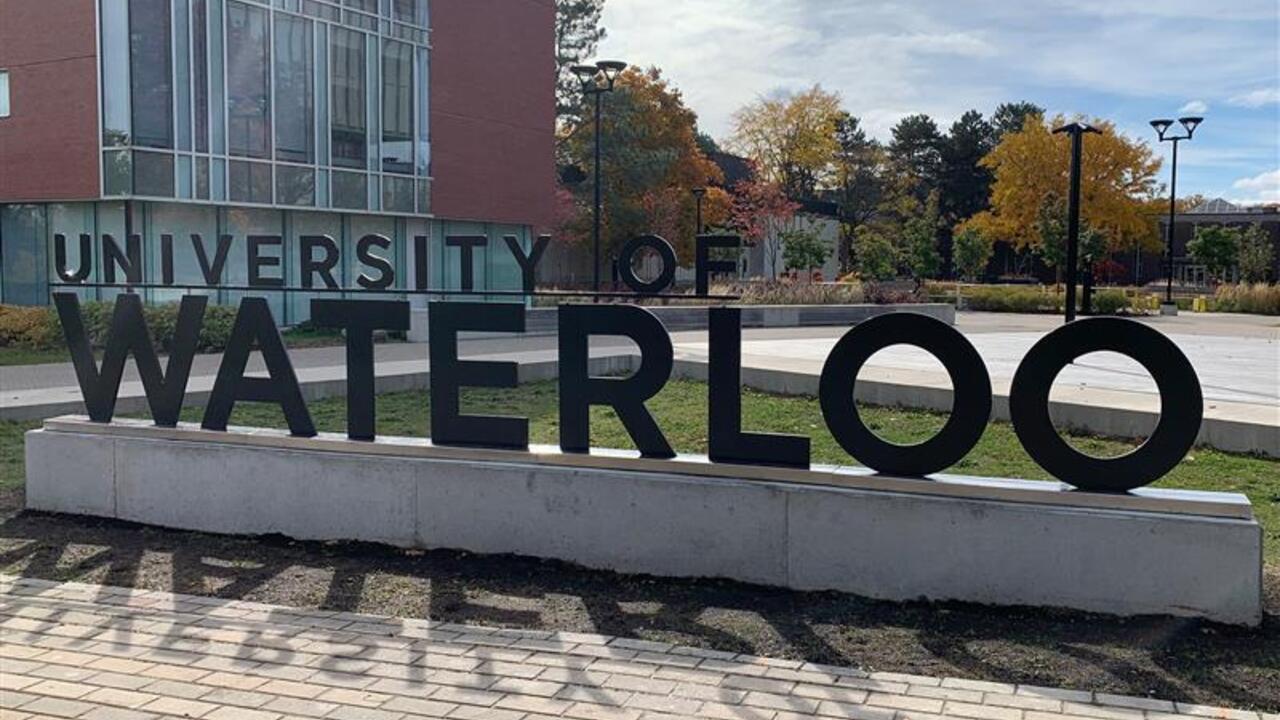
Voting for the losing side can affect your performance at work
Companies should avoid scheduling important work tasks immediately following an election, according to a study from the University of Waterloo

Companies should avoid scheduling important work tasks immediately following an election, according to a study from the University of Waterloo
By Media RelationsResearchers discovered the outcome of a U.S. presidential election can affect employees’ engagement and performance at work — if they voted for the losing side. Although experts have long known that ongoing family issues and other stresses can affect the workplace, less is known about the effect of more discrete events.
“This study demonstrates that spillover is not limited to fairly stable environmental features or day-to-day events.” said James Beck, a psychology professor at Waterloo. “Instead, discrete events like presidential elections can also impact the workplace.”
Beck completed the study with fellow Waterloo psychology professor, Winny Shen.
Focusing on American voters, Beck and Shen asked participants to rate their job engagement and work performance at three points: the week before, the day after, and a week after the 2016 U.S. presidential election involving Donald Trump and Hillary Clinton.
Before the election, both sets of voters were equally engaged in their work. However, immediately following the election, voters who backed the losing candidate (Clinton) reported a large decrease in their work engagement and job performance. The effects were short-lived, and engagement returned to normal within a week of the election. Still, the researchers estimate that the election outcome could have resulted in $700 million USD in lost productivity the day following the election.
The researchers also predicted that people who voted for the winning candidate (Trump) would see a boost to their engagement and productivity following the election, yet the study showed that the election outcome had no effect on work engagement among Trump voters.
“Our results suggest employers may be wise to avoid scheduling important tasks or meetings immediately after an election,” said Beck. “It may be especially important to clearly communicate work goals during the days immediately following an election in order to keep employees on track and motivated.”
Although presidential elections only happen every four years, the findings could apply to other major public events as well, including historic events and sporting events.
“Many people have strong political identities, making elections a personal event,” said Beck. “To that end, it’s possible that other events with implications for individuals’ identities may result in spillover into the workplace as well.”
The Effects of U.S. Presidential Elections on Work Engagement and Job Performanceappeared in Applied Psychology: An International Review.

Read more
To meet our AI ambitions, we’ll need to lean upon Canada’s unique strengths

Read more
Researchers awarded funding to investigate ecology, climate change, repatriation, health and well-being through cultural and historical lens

Read more
Meet five exceptional Waterloo graduate students crossing the convocation stage as Class of 2025 valedictorians
The University of Waterloo acknowledges that much of our work takes place on the traditional territory of the Neutral, Anishinaabeg, and Haudenosaunee peoples. Our main campus is situated on the Haldimand Tract, the land granted to the Six Nations that includes six miles on each side of the Grand River. Our active work toward reconciliation takes place across our campuses through research, learning, teaching, and community building, and is co-ordinated within the Office of Indigenous Relations.